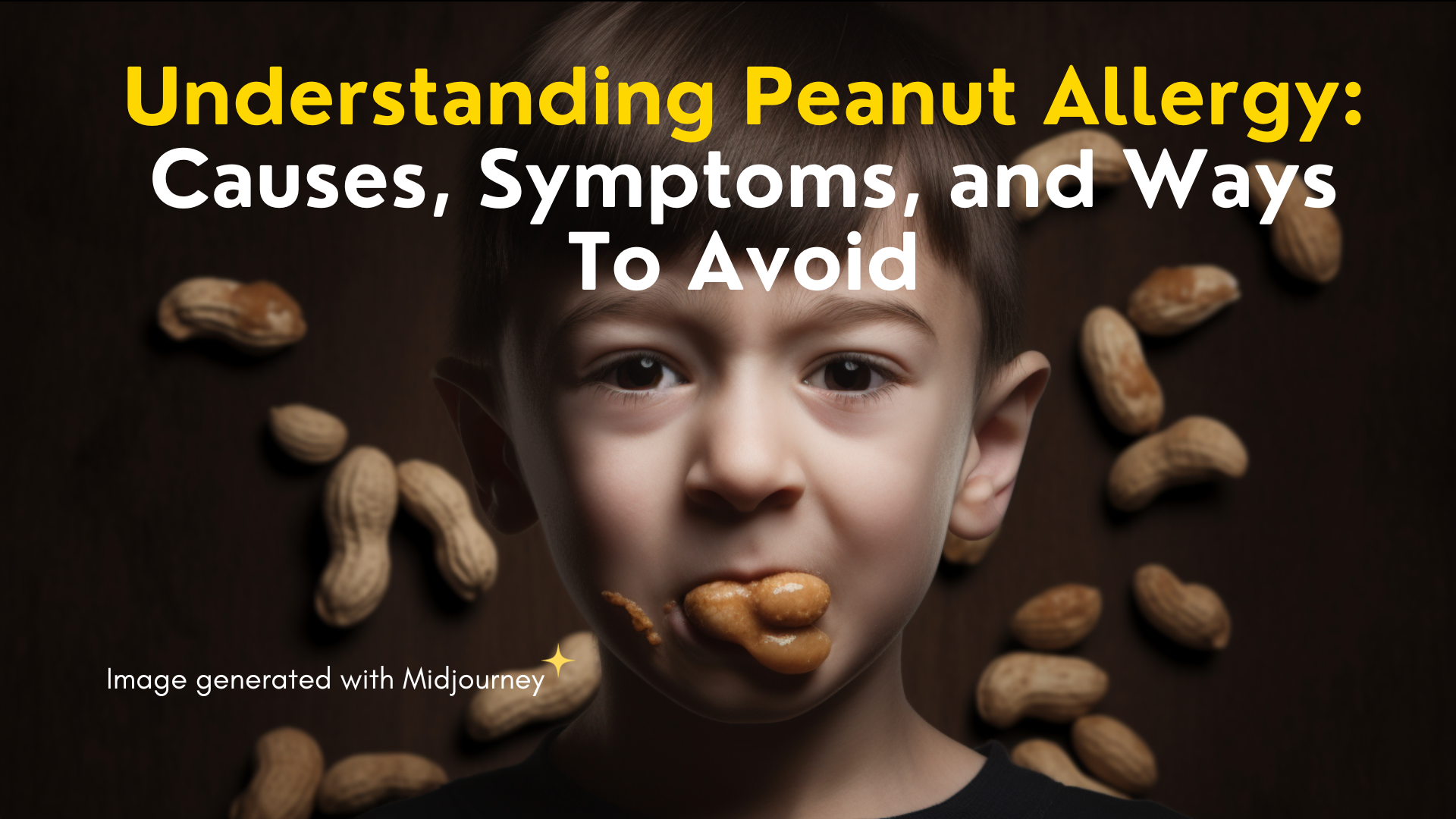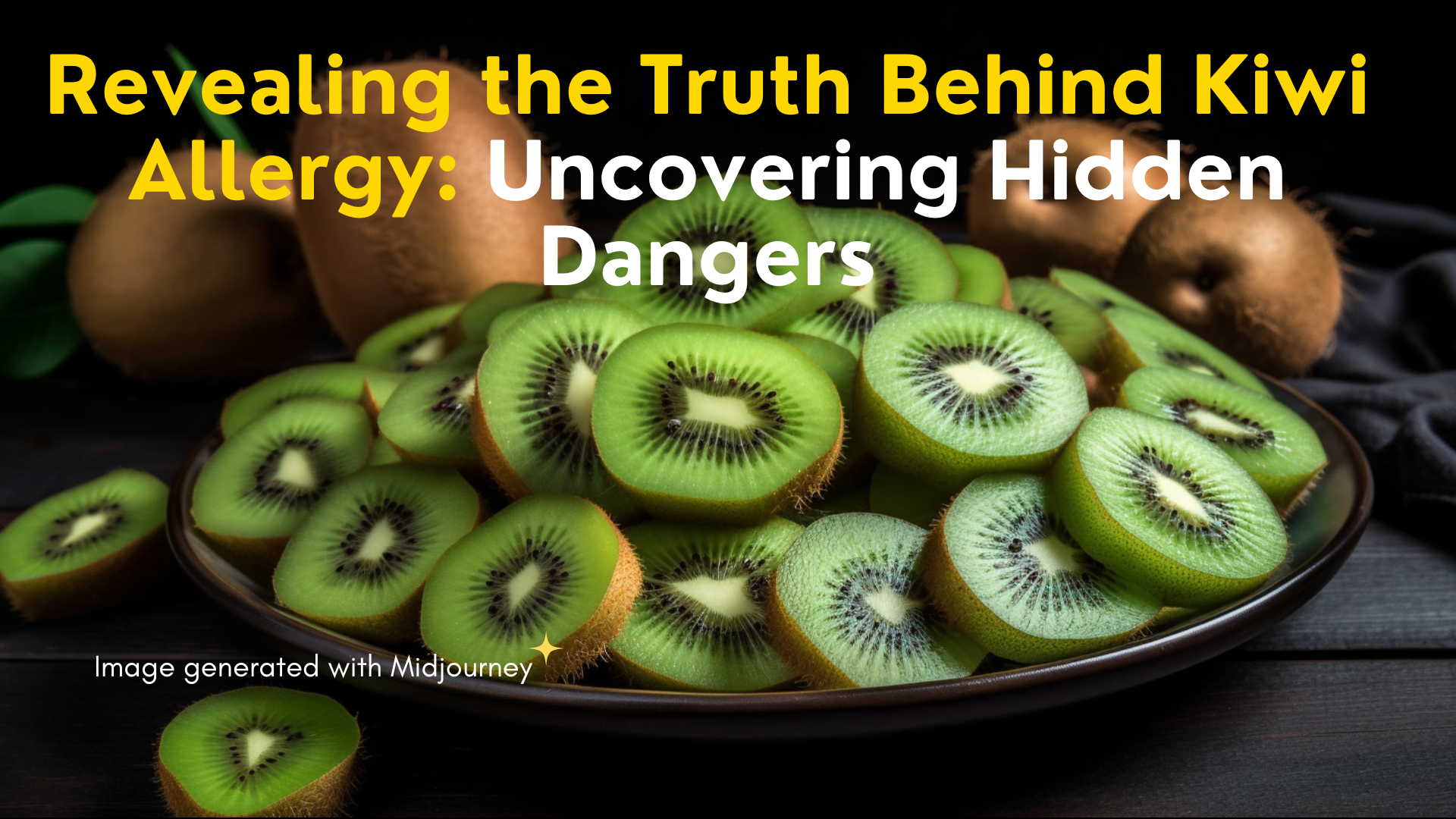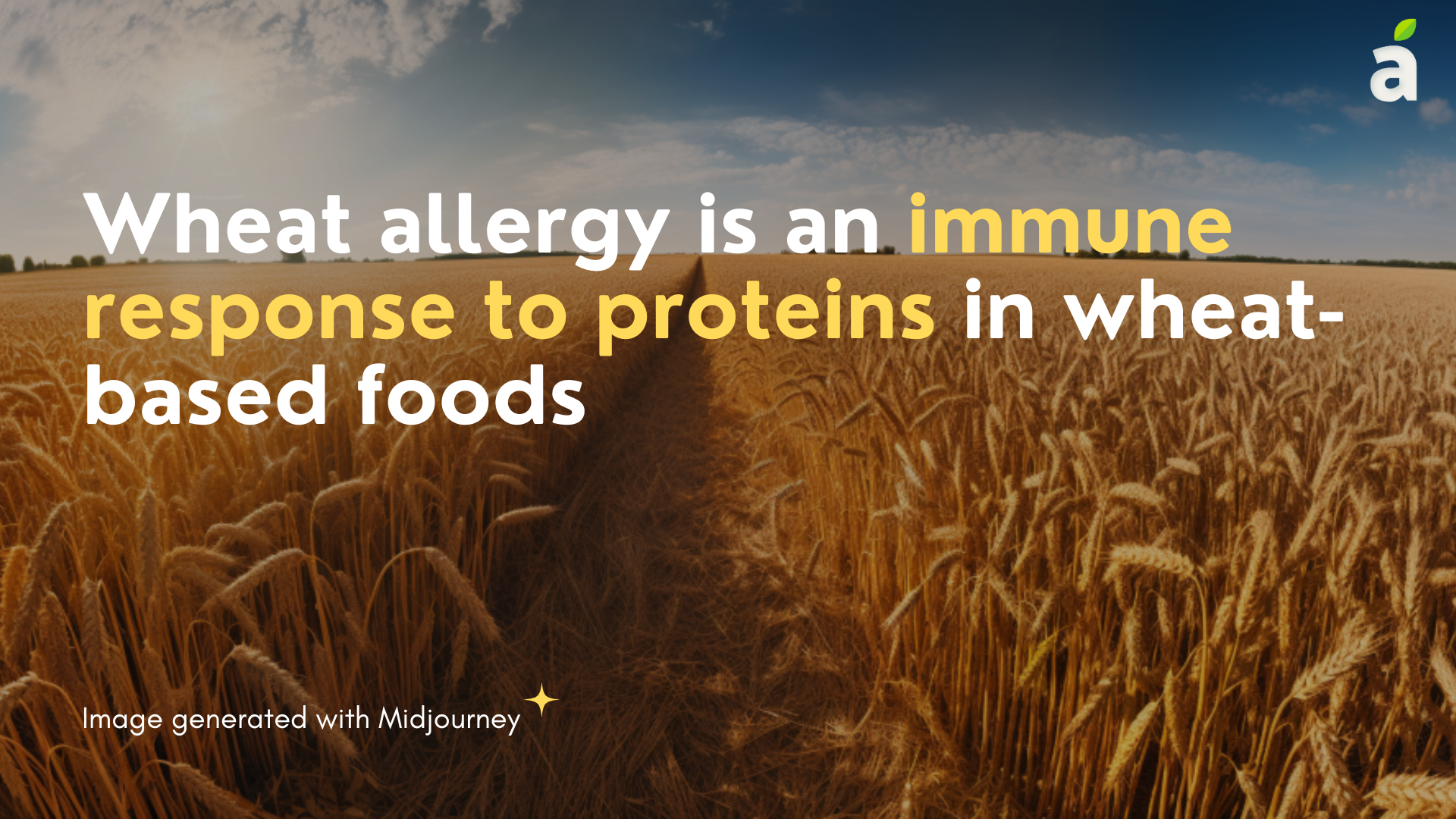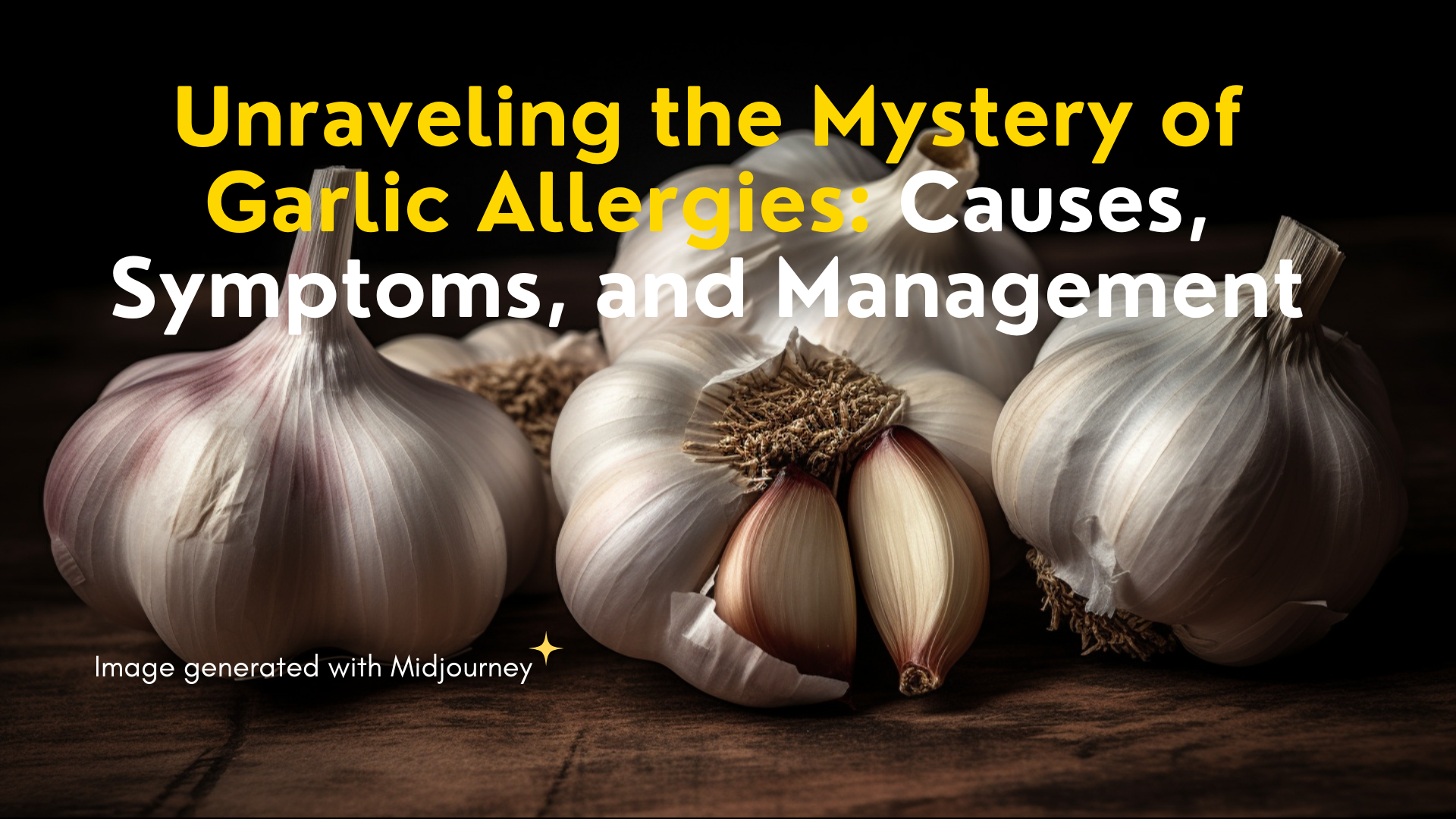Published Date January 24, 2003
Cracking the Peanut Allergy Puzzle
By Naurin Ansari
3 min read
Last update date: January 24, 2003

In this blog, you will find valuable information about peanut allergies, including their causes, symptoms, and effective management strategies. By gaining a better understanding of this allergy, you can make informed decisions to prevent allergic reactions and safeguard your well-being.
What is Peanut Allergy?
Peanut allergy is a common and lifelong condition that can affect both children and adults. If you have a peanut allergy, it means your immune system mistakenly identifies proteins in peanuts as harmful, triggering an allergic reaction when you come into contact with them.
While the exact cause of peanut allergies is still unknown, factors like genetics, environmental influences, and early introduction of peanuts may contribute to its development. It's important to note that strict avoidance of peanuts and peanut-containing products is crucial because even tiny amounts can lead to an allergic reaction. Unlike being intolerant or sensitive to peanuts, having a peanut allergy involves a specific immune system response.
By understanding the causes of peanut allergies, you can take necessary precautions such as carefully reading food labels and raising awareness among your family and friends. Education plays a vital role in managing the allergy and reducing the risk of accidental exposure. With the right knowledge and vigilance, you can lead a safe and fulfilling life while effectively managing your peanut allergy.[1][2]
Symptoms of Peanut Allergy
If you have a peanut allergy, it's important to be aware of the symptoms that may occur within two hours of eating peanuts. These allergic reactions can vary in severity and may include:
- Feeling itchy
- Developing hives or a rash on your skin
- Experiencing swelling, especially around your face and throat
- Dealing with abdominal pain
- Having episodes of vomiting or diarrhoea
- Experiencing coughing
- Encountering wheezing or difficulty breathing
Remember, even tiny traces of peanuts or peanut residue can trigger an allergic reaction, so it's crucial to stay vigilant and avoid accidental exposure. If you experience any of these symptoms after consuming peanuts or peanut-containing products, seek immediate medical attention. Your health and well-being are top priorities when managing a peanut allergy.[1]
Foods to Avoid if You Have Peanut Allergy
To prevent allergic reactions, if you have a peanut allergy, you should:
- Diligently read food labels: Take the time to carefully check the ingredient list of food products to ensure they do not contain peanuts or peanut-derived ingredients.
- Be mindful of hidden sources: Keep in mind that peanuts can be present in unexpected items such as cereals, granola, nut-based products, soy nut or sunflower seed butter, salad dressings, desserts (candy, pastries, ice cream), and dishes from African, Asian, and Mexican cuisines.
- Exercise caution with baked goods and sweets: Be cautious when consuming baked goods, candies, and chocolates, as they may have the potential to contain peanuts or traces of peanuts due to cross-contamination during processing.
- Stay informed about sauces and dressings: Check the labels of sauces, salad dressings, and condiments, as some varieties may contain peanuts or peanut-derived ingredients.
- Be aware of unexpected items: Remember that peanuts can sometimes be found in less obvious items like chilli and egg rolls. When dining out or consuming foods prepared by others, it is crucial to inquire about the ingredients.
By staying vigilant, reading labels, and being aware of potential hidden sources, you can make informed choices and reduce the risk of allergic reactions if you have a peanut allergy.[2]
When Will an Allergic Reaction Occur?
If you have a peanut allergy, it is important to remember that allergic reactions can occur within minutes to hours after exposure. Immediate and severe reactions, as well as delayed responses, are possible. Being vigilant about potential exposure and seeking prompt medical attention is crucial if you experience any symptoms after consuming peanuts or peanut-containing products.
Symptoms typically appear within an hour of coming into contact with peanuts, and in some cases, even within minutes. Reactions that occur more than four hours after exposure are less likely to be considered allergic. You need to recognize the symptoms and seek appropriate medical help promptly if you have a peanut allergy.[3]
How to Test for Peanut Allergy
If you suspect a peanut allergy, it is crucial to seek professional evaluation and consultation with an allergist. An allergist will employ various diagnostic methods to determine the presence and severity of a peanut allergy. These methods may include skin prick tests, blood tests to measure specific antibody levels or oral food challenges. These tests help in identifying the allergic response and its intensity, facilitating the development of an appropriate management plan.
One diagnostic tool commonly used by healthcare practitioners is the immunocap radioallergosorbent (RAST) blood test. This test measures the number of antibodies in the blood, which indicates the immune response to allergens such as peanuts. By identifying an increased number of specific antibodies, the presence of a peanut allergy can be detected. It is essential to rely on professional medical guidance and testing for an accurate diagnosis of peanut allergies.[4]
Takeaway
Living with a peanut allergy requires constant vigilance, but with proper knowledge and management strategies, individuals can lead safe and fulfilling lives. By understanding the causes, recognising symptoms, avoiding allergens, and being prepared for emergencies, those with peanut allergies can effectively minimize the risk of allergic reactions and protect their overall health and well-being.
References
- https://my.clevelandclinic.org/health/diseases/21511-peanut-allergy
- https://www.foodallergy.org/living-food-allergies/food-allergy-essentials/common-allergens/peanut
- https://patient.info/allergies-blood-immune/food-allergy-and-intolerance/nut-allergy#:~:text=Symptoms%20often%20start%20very%20quickly,unlikely%20to%20be%20an%20allergy
- https://my.clevelandclinic.org/health/diseases/21511-peanut-allergy#:~:text=Your%20healthcare%20provider%20may%20use,antibodies%20can%20indicate%20an%20allergy
Keep reading

Decrypting the Egg Allergy Mystery
By Naurin Ansari

Unmasking Kiwi Allergy and the hidden dangers
By Team Ariso

Wheat Allergy and Debunking the Wheat-Gluten Myth
By Naurin Ansari

Garlic Allergy: Signs and Symptoms
By Team Ariso
Choose Healthy With Us.
Know the real truth about your food. Stay informed and healthy, for free.

Download the App Now
Certified nutritionists trust our food recommendations. Safe to say, so can you :)









